Paradigm Shift Through Social Coordination (why public goods matter)
Over the last couple of years, I’ve been fascinated at how cool the cryptoeconomics mechanism really is! In a few words, cryptoeconomics is the combination of cryptography with economic incentives - in a perfect world, we should be able to do everything by relying only on cryptography. However, that is not entirely possible and, therefore, we also have to rely on economic incentives (see around the 17-minute mark of this video that provides a brilliant overview by Justin Drake of the field).
The fact that it is a new multidisciplinary field that combines Economics with Computer Science makes it really interesting to me - especially considering the potential to affect almost every area of society.
Through this post, I will attempt to cover the following topics:
- explain what cryptoeconomics really is and its potential applications / use cases (hint: DeGov);
- give my perspective on why I think cryptoeconomics marks the beginning of a new paradigm shift;
- justify my reasoning behind why I believe mechanism design is so important to build sustainable systems;
- describe why social coordination is (and always has been) the most important tool at our disposal;
- portray why Ethereum is the global settlement layer behind all of these concepts and what new opportunities might arise out of it.
A paradigm shift is best defined by Thomas Khun as “a fundamental change in the basic concepts and experimental practices of a scientific discipline”. In other words, it represents a major change in society and is often associated with the rise of a new technology.
One clear example of a paradigm shift is the invention of the Internet, which occurred around the 80s and changed the way we communicate (i.e. transfer of information).
We can establish a relationship between the definition of a paradigm shift and the History of Industrial Revolution. Industrial Revolutions are always caused by technological progress.
Industrial Revolutions in Modern History
| Name | Years | Name | Causes / Technology |
|---|---|---|---|
| First Industrial Revolution | 1700s and early 1800s | “The Industrial Revolution” | Introduction of water and steam-powered mechanical manufacturing facilities |
| Second Industrial Revolution | Late 19th century into early 20th century | “Technological Revolution” | Introduction of electrically-powered mass production based on the division of labour |
| Third Industrial Revolution | Start of 1970s | “Digital Revolution” | Uses IT for automation and transfer information |
| Fourth Industrial Revolution | 2009 - present | “Industry 4.0” or “Crypto Revolution” | Uses blockchain technology to transfer value, secured by cryptography |
The same way that the Internet changed the way we exchange information, we can consider that blockchain technology is changing the way we transfer value - therefore, by definition, it is fair to consider it to be a paradigm shift technology (with the implications that it carries).
A paradigm shift is always triggered by a new technology or a new innovation. Technology is the driving force of History. If we consider the technology adoption life cycle, we should be aware that there is a gap (also known as “the chasm”) between innovators and early adopters. In 2020, I believe we’ve passed “the chasm” and are currently in the “early adopters” phase. Scalability has been (theoretically) solved and it is just a matter of implementation - once it happens (2022/23), we will move along to the “early majority” phase faster than we can think of.
Considering the four “revolutions” mentioned in the table above, I believe that our current one has the potential to become the most disruptive (i.e. affect the most sectors in society, including traditional governance mechanisms and hierarchies).
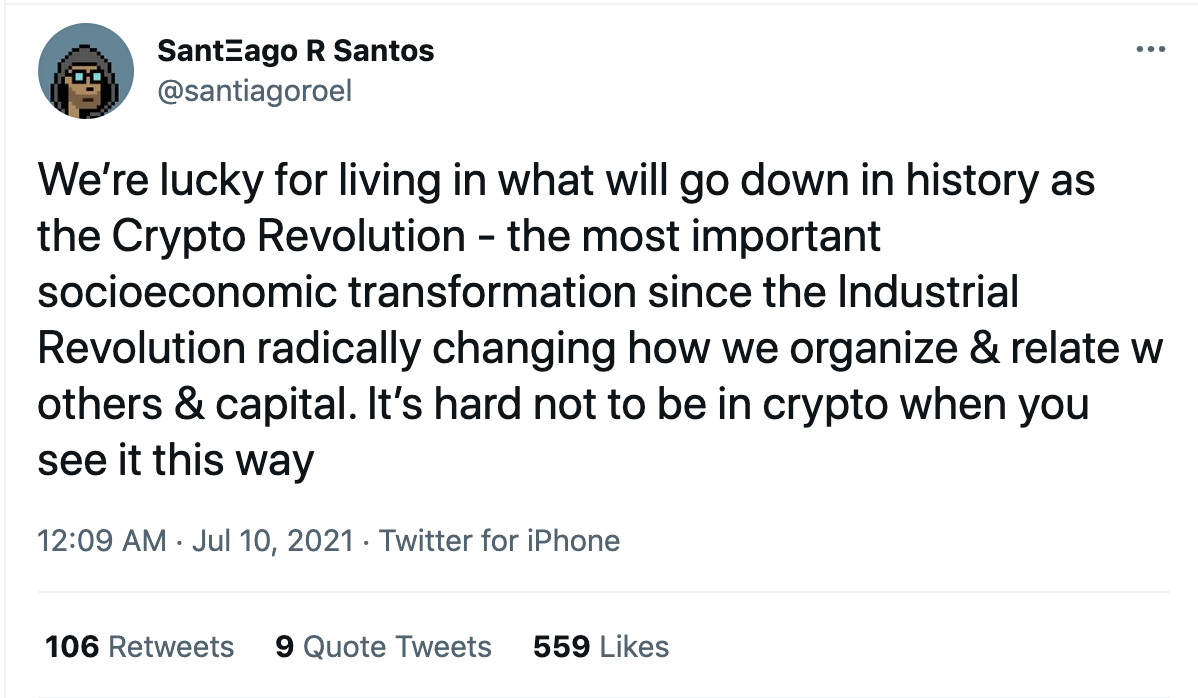
Also, with each phase, we can observe that a new technology appears and creates a more effective way of generating even more value and innovation - it’s a cycle because knowledge is a public good and, therefore, it has the important properties of being non-rival and non-excludable (I’m not considering IP rights here, which would make knowledge partially excludable).
Not only knowledge is a public good, it also has several important characteristics, such as enabling higher learning and facilitating effectiveness. Knowledge is growth.
Fun fact #1: Endogenous growth models were always a fascinating area of study to me in college. In endogenous growth theory, it is argued that investment in human capital, innovation, and knowledge are significant contributors to economic growth.
The theory also focuses on positive externalities and spillover effects of a knowledge-based economy which will lead to economic development. The endogenous growth theory primarily holds that the long run growth rate of an economy depends on policy measures. For example, subsidies for research and development or education increase the growth rate in some endogenous growth models by increasing the incentive for innovation.
An endogenous growth theory implication is that policies that embrace openness, competition, change and innovation will promote growth.
Relevant contributors to the field of endogenous growth models include Paul Romer and Lucas. Innovation comes from within and Ethereum is the perfect platform to allow that.
To sum it up, knowledge is a public good. Some authors argue that knowledge/innovation is the most powerful driving force of an economy. Ethereum is trying to promote public goods (incentives through QF, RPGF, etc) and, step-by-step, succeeding at it. Now, it is just a matter of time to achieve better levels of coordination and to integrate mechanisms (e.g. MACI) that allow for “bribery-resistant, secure, and private digital voting”. It’s a new paradigm shift, indeed, and we should all be optimistic about it! Not only can we achieve higher levels of growth, we can also build more tools to achieve a more effective way of redistributing that growth, reduce the inequality gap (that comes as a result from years of hierarchical systems) and create a credible-neutral system. This is literally “liberation through radical decentralization” time.
As we’ve seen before, cryptoeconomics and the new paradigm are all about incentives. What is the field of science that studies incentives? That’s right - it’s Game Theory!
Even more fascinating and interesting that Game Theory is something called Mechanism Design, which is also known as “Reverse Game Theory”.
I’m a strong believer of the power of Mechanism Design to build credible-neutral systems, that can give fair opportunities to all participants of the game. In a way, it is already happening through the creation of many mechanisms, such as quadratic funding, quadratic/intensity voting, prediction markets, retroactive public goods funding and a couple other mechanisms.

Many mechanism designers believe that we can use incentives and game theory to change the world for the positive. I’ll showcase my mental four-step model on how we can use Mechanism Design to achieve positive-sum games:
- Design rules for a credible-neutral system;
- Implement the mechanism (experiment if it works);
- Iterate the implementation until it works at a small scale;
- Once it works, extrapolate it to more places.
In my personal opinion, step [1] is the most important one, and it is critical to follow these rules that Vitalik mentioned:

Out of this four rules, I would argue that “keeping it simple” might be the most important principle to follow. Simplicity is the ultimate sophistication and having few parameters to manage a complex dynamic system is not an easy task to accomplish. The concept of “Illusory superiority” also comes to my mind here, mixed with the concept of intellectual underconfidence, as we sometimes tend to overthink and over-complicate things in order to showcase more than we are required to.
It’s a bit of a paradox, because in order to achieve great things we must follow complex paths. However, “keeping it simple” is the most important principle. The trick is to follow Naval’s advice: “It is the mark of a genius to explain a complex topic in a simple way”. Simplifying complex processes is one of the greatest skills one can have.
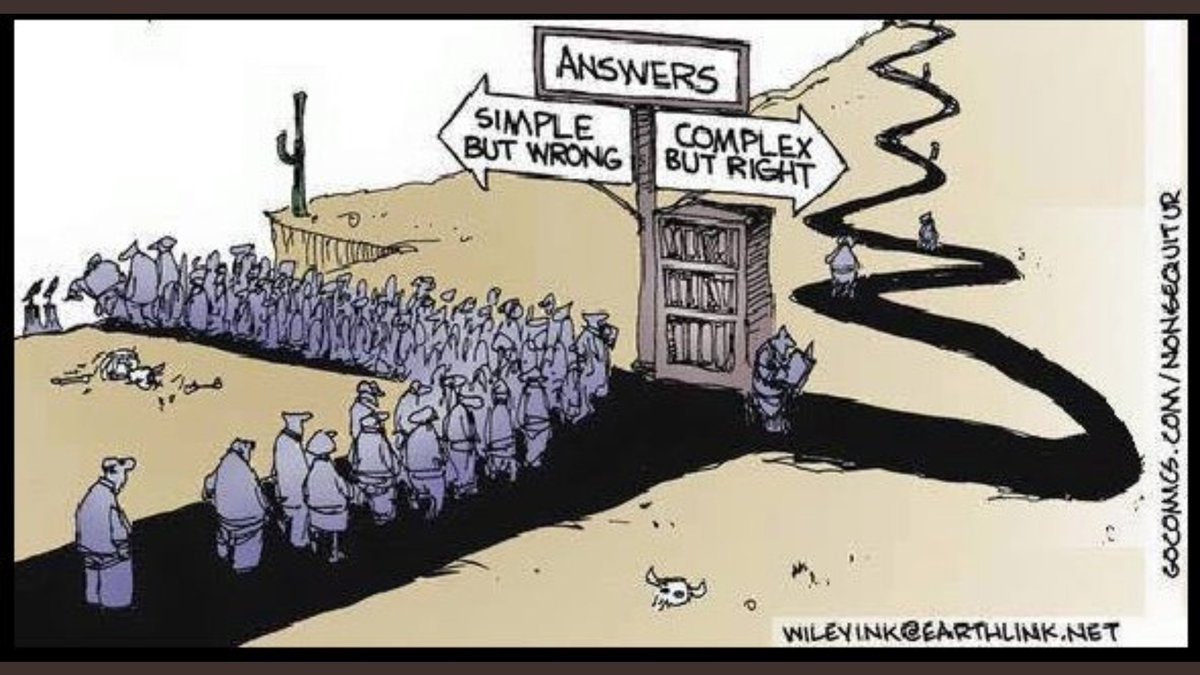
So my advice here would be very much like in software engineering: KISS and design with modularity (the advantages of modularity in programming also apply to mechanism design - if you’re multidisciplinary you know that the principles from one area always apply to other areas and that’s one of the reasons why Ethereum has so many bright individuals)!
Fun fact #2: I’ve always been a huge Kanye West fan and, when I was younger, there was a quote from him that always stuck with me. He said, during a Harvard presentation, in 2013, that “the world can be saved through design”. And he repeated this idea several more times. He was absolutely right – as he is in many cases. However, we will save the world through mechanism design – which is still a form of design! Thanks, Ye.
Ok, since we were talking about architecture and saving the world through design, let’s talk about another exciting (and related) topic - urban planning and crypto cities! I think crypto cities are a super enthusiastic subject.
First of all - what are crypto cities? In this context, I’m referring to crypto cities as cities that are a by-product of the intersection between elegant urban planning and blockchain technology. I’ve just found a paper from 2016 that explains the concept perfectly - some people are really forward-thinking!
Of course another critical part of a city is its governance - hence why this section is called “DAOs and Crypto Cities”. DAOs are Decentralized autonomous organisations and they are an effective and safe way to work with like-minded people, with a different structure than a traditional organisation - for example, a DAO is usually flat and fully democratized in contrast to the old paradigm of having rigid hierarchical structures. On DAOs, all activity is transparent and fully public. At last, DAOs don’t require centrally controlled automation, which is prone to corruption and manipulation. The voting mechanism is also more futuristic, with the possibility of allowing methods such as quadratic/intensity voting.
Voting is a central pillar of any reliable democratic system, and it is a topic highly underrated amongst informed people. As Vitalik said, “one vote per N years is a 250-year-old form of democracy, and we can have much better democracy if voting were much more convenient and simpler, so that we could do it much more often.”
Therefore, an integral part of a “smart city” should be its governance structure and voting scheme, something that fits in like a glove in a system with the properties of Ethereum.
This 2016 article on Reddit touches on some points that I’ve mentioned, and it features a comment from Vitalik himself summing up many positive aspects (and caveats) of building “crypto cities” (I dislike the word “private” used in the original article and some other aspects, even though the subtitle “Given Voluntary Cooperation, Everything Is Possible” is headed in a favorable direction). The good news is - we can work around some of these caveats with clever mechanism design (i.e. incentives and penalties) and build a city with a concave disposition approach. To some extent, this is already happening!
It’s 2021, we are in the middle of a paradigm shift and the Ethereum protocol is close to being stable (layer 1), after years of research trying to find the solution to the Scalability Trilemma (which happened through layer 2 solutions such as rollups, data sharding, the Beacon Chain, clever data structures and a combination of state expiry with weak statelessness for managing the increasing state size in Ethereum). Everything is looking good so far!
With a new paradigm shift, new jobs usually arise. Here’s a list of some ideas:
-
First of all, the gig economy is upon us. I love this post from Merwane Drai entitled “where work is headed” because it makes a perfect description of our job market over the recent history. It is divided in four main phases: pre-internet; 2010s (globalization); 2020s (remote / asynchronous remote) and the foreseeable future - the gig economy, where there is no contract or agreement, and you work on whatever you want to and get paid in cryptocurrencies, while being known by a pseudonymous identity. Only hard skills matter in this context. I think COVID-19 accelerated this process and soon enough the gig economy will be the main paradigm;
-
Mechanism designers: I’ve already mentioned before - it’s mechanism design season, and we need more and more people designing new systems with strong incentives and clever penalties;
-
City designers: a combination of Ethereum with urban planning. I’ve already talked about urban planning, and I will talk again because it is one of my passions thanks to Jaime Lerner -
a beautiful man who passed away this year and contributed a lot to architecture and urban planning, especially in “his” city of Curitiba; -
Ecosystem Developers (or “ecodevs”): someone who connects the dots and needs to understand how things (really) work;
-
Protocol Politicians: Politics is coming to crypto and it might be a very lucrative role;
-
Smart Contract Developers: involves building decentralized applications for the web3 - this one is pretty self-explanatory;
-
Smart Contract Security Experts/Auditors: auditing smart contracts and finding possible bugs and vulnerabilities. A critical role/position if we want this decentralized future to work;
-
Frontend engineers: we still have a long way to go before making DeFi usable by everyone;
-
Statisticians: always important to have people who are able to work with theoretical or applied statistics - for example, statisticians can play an important role in economic modelling for the web3 and create new indices to measure well-being and inequality (e.g. there are valid criticisms against the HDI and the Gini coefficient tries to solve two problems at the same time);
-
Artificial Intelligence (AI) meets Ethereum: This is sort of a sub-category of mechanism design, but I’ve decided to give it its own category because Karl Floersch is very interested in this subject, and I completely trust him to come up with the craziest schemes we didn’t even think about;
-
Researchers (cryptography): Eventually, we will need more cryptographers to contribute to the roadmap of Eth3 (which is basically a lot of Advanced Cryptography tools that will make the ecosystem more secure, scalable and resistant to quantum computing);
-
More engineers (of many fields): Well, we still have very important issues such as longevity and terminal diseases that are (after all) engineering problems! Every problem has a solution, and we are building the mechanisms to fund these researches and find solutions to these problems. Biotech will grow exponentially within the next decade and cryptocurrencies will be behind this growth. Another very interesting and promising area is space travel and interplanetary life. Longevity and interplanetary human life are two things that fit in together quite well;
-
OSS - Open Source Software: With so many new ideas and mechanisms being created - such as Quadratic Funding (2018), Retroactive Public Goods Funding (2021) - it will become increasingly beneficial to work towards public goods. It’s the metaverse and it looks like this. Other opportunities for OSS culture include freelancers (join a DAO Discord and contribute), bug bounty platforms (e.g. Immunefi), Public Goods builders (via QF or RPGF) or Grants (e.g. Ethereum Grants).
In the next 5 years, I predict that the gap between high-technical jobs and low-technical jobs will drastically increase due to automation and Artificial Intelligence (e.g. GPT-3). Ethereum and DAOs will also contribute by removing the layer of intermediaries and reorganizing business structures/hierarchies. And this is all fine, if we introduce and use some clever mechanisms to benefit who needs the most, such as UBI on Ethereum.
The title of this post mentions public goods and I really believe that we should change our approach to the two main pillars of a society - education and health:
-
Education: Promote critical thinking at schools. We need to urgently change the concept of literacy to numbers, letters and code. Schools can no longer be an obsolete system. Education is the root of our future generations. Our current education system is a combination of a small bit of education, large doses of socialization and compliance training, and a massive dose of babysitting. It’s not reasonable.
-
Medicine: Just like in the crypto world, I promote a defensive/preventive system for medicine. I was reading this book called “Proportio” by Axel Vervoordt and there is a chapter that taught me that doctors used to pay patients if they got sick. COVID-19 was really important for medicine and biotech in general, so I expect our main issues in this field to be reduced within the next 2 decades (e.g. longevity). Therefore, we should start focusing now on defensive medicine mechanisms such as healthy eating habits, regular sleep patterns, hydration and the social stigmatization of some drugs (that might have several beneficial aspects) when compared to, for example, alcohol (which, funny enough, is a completely socially acceptable drug). Here’s an excerpt from Donella Meadows and, afterwards, the quote from Vervoordt’s book:
Modern medicine in general has shifted the responsibility for health away from the practices and lifestyle of each individual and onto intervening doctors and medicines (…)
Examples of strengthening balancing feedback controls to improve a system’s self-correcting abilities include: preventive medicine, exercise, and good nutrition to bolster the body’s ability to fight disease (…)Western medicine is not preventive, while Chinese medicine is. In Chinese medicine, they see the whole thing, while in our countries you go and see a specialist for your toe or your head or your back and there’s nobody who sees the entire picture (…)
In traditional Chinese medicine, you used to have a contract with your doctor so that while you were healthy, you paid your doctor. But if you got sick he paid you. That was an incredible strong motivation for your doctor towards preventive medicine!
A combination of blockchain technology with clever mechanisms that incentivize public goods will be critical to affect both education and health - they are public goods, after all.
Coordination amongst humans has always been one of our biggest challenge on Earth and the main characteristic that sets us
apart from other species. Here’s an interesting excerpt from “Sapiens” by Yuval Noah Harari:
But fiction has enabled us not merely to imagine things, but to do so collectively (…)
Sapiens can cooperate in extremely flexible ways with countless numbers of strangers. That’s why Sapiens rule the world, whereas ants eat our leftovers and chimps are locked up in zoos and research laboratories.
On the one hand, if coordination has always been so important, on the other hand we can deduce that coordination failures are our biggest enemy. People can coordinate with wrong incentives and create structures hard to change (i.e. hierarchies). Luckily, we have Ethereum and cryptography and, together, we can create robust social coordination mechanisms.
I’m really fond of the expression “field of coordination” because it implicitly expresses two things:
-
Since the beginning of time, the characteristic that separated human beings from everyone else was our unique ability to coordinate in large scales. In the middle of the process, The internet appeared and made it even easier to coordinate and transfer information without physical barriers;
-
Public goods matter and we should care about them. a public good is a good that is both non-excludable and non-rivalrous. This means that (i) people cannot be excluded from use the public good and (ii) the use of the public good by one individual does not reduce availability to others. Therefore, a public good can be used simultaneously by more than one person. Why are public goods so important? Think about… the Internet. It’s full of public goods!
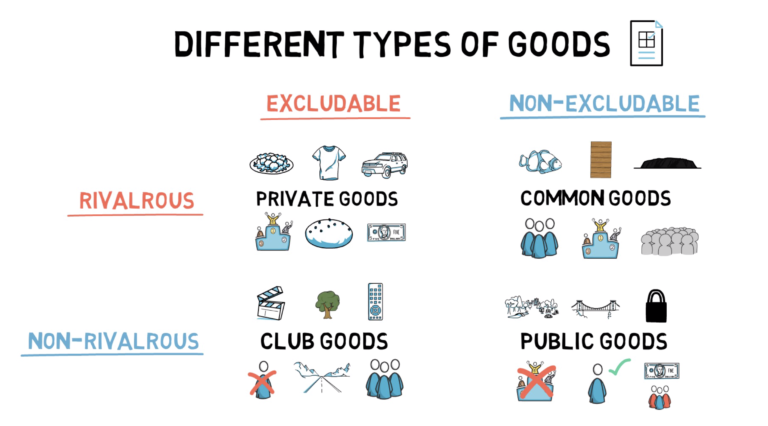
Considering [1] and [2], what if we create mechanisms that incentivize the creation/funding of public goods that benefit all of us? These mechanisms already exist and go by the name of Quadratic Funding (e.g. Gitcoin Grants, CLR.fund) and, when combined with zero-knowledge-proofs (i.e. MACI), they can be used to fund public goods in a democratic and secure way. The MACI mechanism, alongside with other anti-sybil systems (such as Proof of Humanity, ENS verification, etc), helps to defend the system against collusion attacks and the possibility of one person creating several accounts to fund their own projects (remember: in QF each donation is matched quadratically).
I’ve been watching this space grow in the last 2 years, and it’s particularly interesting to see the mechanism iterating over time, both gaining legitimacy (and, therefore, more public support), and more awareness against sybil attacks.
Besides Quadratic Funding, new mechanisms to support and fund public goods are coming up, and they are incredible because they promote OSS, open-source culture, transparency, and it is a great starting point for decentralized governance (or DeGov, as coined by Vitalik!). They are also totally aligned with the core values and principles that make the Ethereum community so great - simplicity, universality, modularity, agility, non-discrimination and non-censorship.
This is why I called this section of the post “The Field of Coordination”. If we are able to create credible-neutral mechanisms that incentivize the creation of public goods, we’re on a good path towards a more efficient economic system. If you know anything about the field of Game Theory, you probably know that, in the long-term (for iterated games), cooperating is always the best strategy.
I’ve read the 1984 book from Robert Axelrod entitled “The Evolution of Cooperation”, in which the author debates topics such as “The Chronology of Cooperation”, “How to Choose Effectively”, “How to Promote Cooperation”, “The Social Structure of Cooperation” and “The Robustness of Reciprocity”, amongst others. One of the quotes from the book that really struck with me was this one:
By the final chapter, the discussion has developed from the study of the emergence of cooperation among egoists without central authority to an analysis of what happens when people actually do care about each other and what happens when there is central authority. But the basic approach is always the same: seeing how individuals operate in their own interest reveals what happens to the whole group. This approach allows more than the understanding of the perspective of a single player. It also provides an appreciation of what it takes to promote the stability of mutual cooperation in a given setting. The most promising finding is that if the facts of Cooperation Theory are known by participants with foresight, the evolution of cooperation can be speeded up.
This book was written in 1984! I feel like it fits in like a glove with blockchain technology and the systems that we are currently building. I’ve e-mailed the author if he was aware that blockchain technology promotes the ideas that he discusses in his book - especially the possibility of not having a central authority by relying on cryptography - and his answer was this one:

We’re still very early and we still have a long way to go. But one thing is for sure: we now have the tools, the knowledge and the community to build sustainable systems that incentivize cooperative behavior (and positive-sum games) in a trustless environment - and we can also introduce penalties to guarantee that cooperation doesn’t fall apart. Social coordination is the only way in which we can all win.
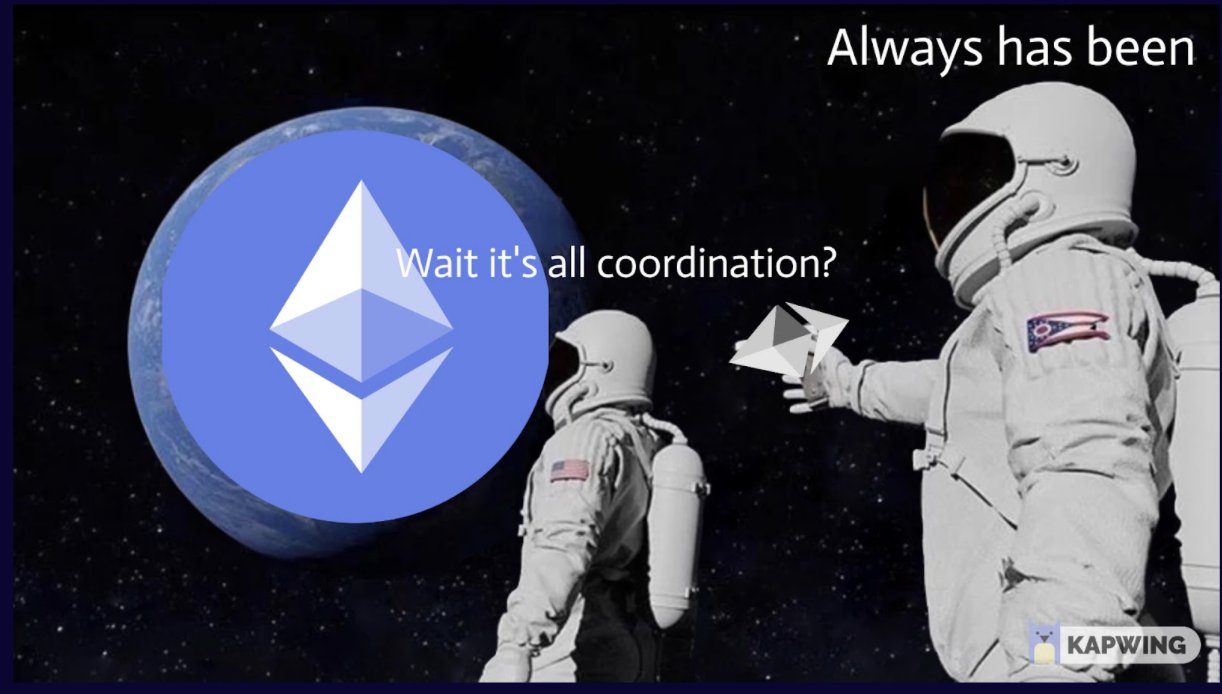
Like Kevin says, it’s all about coordination and it has always been. Cooperative game theory amongst large groups is not an easy task to solve and it should be our number one priority.
Times are a-Changin’ and Ethereum is well positioned to become the global settlement layer of value (all sorts of value, including e.g. arts/culture) that works as the infrastructure for all these social tools and mechanisms to be built upon.
As the global settlement layer of the world, it is expected that the technology is valued accordingly. We are basically reinventing capitalism in real time and making it the way it is supposed to be.
With Ethereum, we can create our own path towards a more positive world and literally program the incentives (and penalties) that we believe can become legitimate in the long-run. Some people are nice, some people are not - there is no way to predict their true intentions. With Ethereum, we have a new way system of trust and, therefore, we can remove intermediaries that make money providing trust - they are no longer necessary, because code and cryptography can replace them. Ethereum is a platform of decentralized trust that allows social coordination in a safe environment.
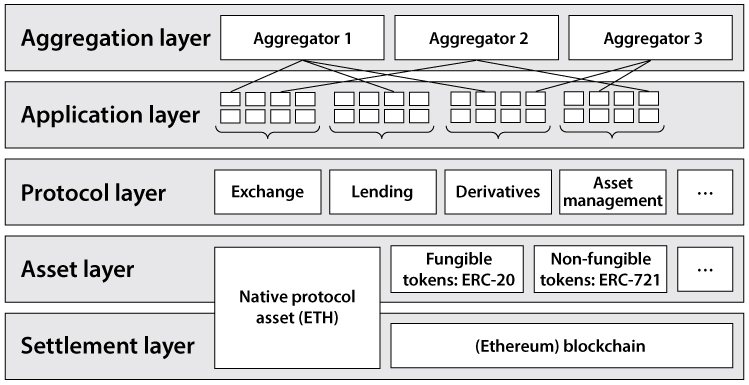
I agree with Evan Van Ness on this - “centralization is power; power is corruption; centralization = corruption; decentralize everything”. Decentralized Finance (DeFi) is great, but it is not the only thing that needs to become decentralized - DeGov should be the next logical step.
It’s a new paradigm for all mediators - including banks and governments. We just have to keep building, iterating, adjusting to the new reality and be glad to be part of all of this. A reality towards more freedom and less corruption, which requires both more tools and less empires.